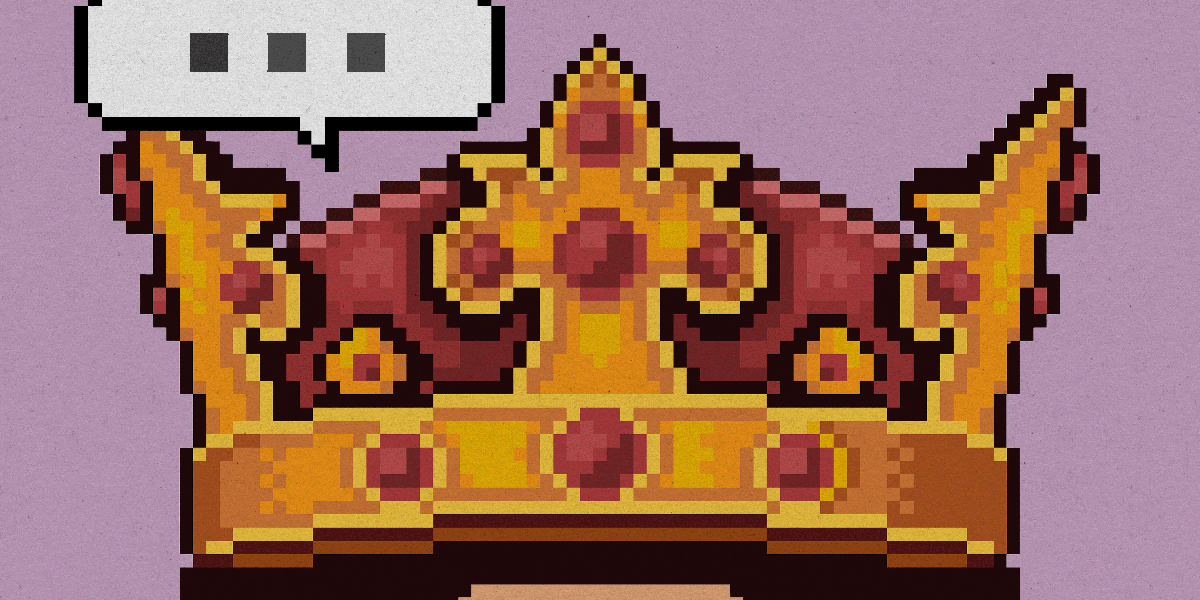In Studio, developers can also customize safety settings, controlling how much the character curses or talks about violence or alcohol, for example. The settings can include “goals”—things that you, the developer, want to push the player toward: a particular quest, for example. The idea is that developers can tweak these characters so they fit in the game world, and they can be set to “remember” interactions they’ve had with you before.
“The character still responds with the magic of the generative AI, with the voice. You can say anything to it and they can respond in any way,” says Kylan Gibbs, Inworld’s CEO and founder. “But it’ll still follow that main arc and make sure that it hits the key beats that are set out.”
All right. What shall I tell Algorithm readers about AI NPCs next? I ask the King.
*King of Nirth leans in, a mischievous twinkle in his eye* Think of it, my dear, these AI NPCs can be whatever you want them to be. They can be your loyal subjects, your trusted advisors, or even your loyal opposition. They can help create immersive worlds, provide entertainment, or even assist in educating the masses. But be warned, my dear. These AI NPCs, they have a mind of their own. So keep a close eye on them, or they might just stage a coup and take over your kingdom, too!
Um, did he just call me “my dear”?
Anyway, ignore him. Inworld AI has a site, called Arcade, where you can play around with a bunch of its stock characters (including something called CyberSquirrel). It’s similar to the library of characters hosted by the startup Character.AI, but smaller in scale. On Character.AI’s site, you can chat with a huge selection of user-generated chatbots that are powered by LLMs, including historical figures, characters from films or books, or chatbots designed to help you learn a language. Users can tweak their own chatbot’s output as much as they like, fine-tuning its personality by typing text into a box.
Character.AI’s cofounder Daniel de Freitas told me that the firm’s vision is “broader than entertainment”—which was definitely a theme I noticed when writing my story. Beyond just making games more immersive, researchers and artists are now looking at ways these NPCs can be used in education, for example. De Freitas sees AI chatbots becoming personal assistants for your day-to-day life. “That means when you’re bored, or you want to wind down, we can give you entertainment—for example, these interactive stories,” he says. ”But then when you’re at school, we can help you study for your exam.”
I can’t see King Fiall being much use to me, other than raising my blood pressure. Fed up with his unending sass, I convince a teammate to give me the password to Studio’s back end and go snooping around my personality.

